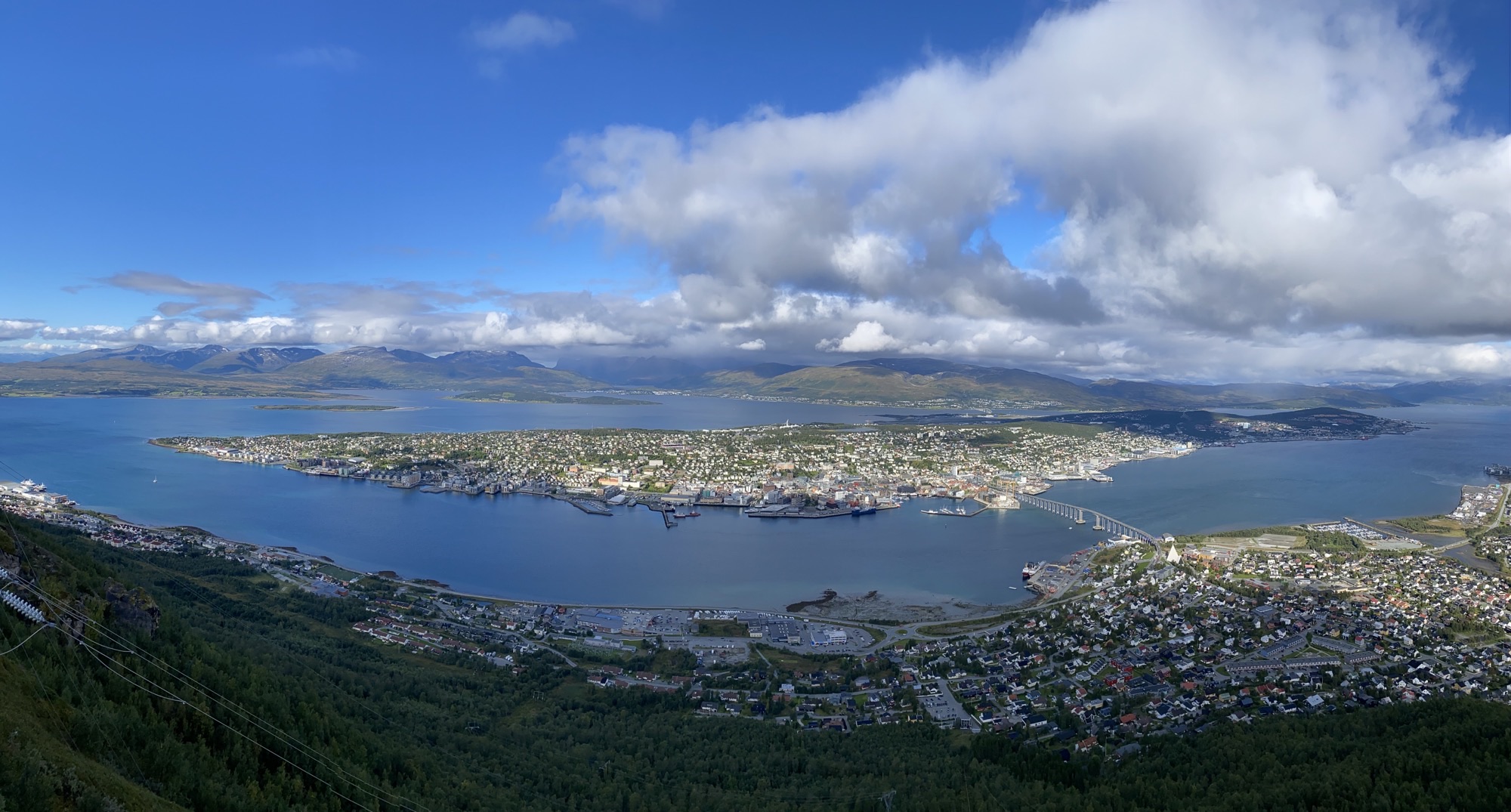My Durham PhD Experience

By Joy Twemlow
Having started in October 2020, my PhD got off to a rocky start. Travel restrictions meant that I wasn’t able to get to Durham until three months after my start date, and I spent the first five months after arrival in lockdown. Despite this, everyone at Durham Law School made me feel welcome, and in the past two years I have had some wonderful opportunities. Thus, while my PhD experience could have easily been an isolating one, I have instead found Durham law School to be an environment that supports me as an emerging researcher.
A large part of this is down to my wonderful supervisors who allow me to explore and grow my area of research – It is definitely true that good supervisors are the most important factor in surviving your PhD! But alongside this, I have found support through research centres and the law school professional staff. Importantly, this network within Durham has helped me to navigate the (often confusing) academic landscape and has meant I have genuinely enjoyed my PhD journey thus far.
One experience that captures how Durham Law School provides this web of support, is the chance I had to run a stream at the Critical Legal Conference (CLC) 2022 in Tromso, Norway. I proposed a stream alongside my supervisor that invited submissions for participatory workshops (instead of traditional academic presentations). The motivation for proposing the CLC stream came from the success of a previous workshop I ran alongside fellow Durham PhD students. We purposively designed our workshop to be different from a traditional conference; inviting participants to share their research vulnerabilities and collaboratively scrapbook their views. Our initiative, supported by the Gender and Law at Durham (GLAD) Research Centre, was directed towards making academia a more collaborative and co-creative space. The support provided by GLAD was essential in turning our desire to create a more friendly space in academia into the reality of our workshop.
This initial support and success of this GLAD workshop gave me the confidence to continue to push for more co-creative forms of academic gathering and the critical underpinning of CLC made it a perfect place to bring alternative conferencing to. Our stream required participants to run interactive workshops and we received proposals for poetry-writing, game playing, sci-fi world-creating, along with more traditional workshop formats. I personally ran a workshop where participants turned their conference abstracts into memes; creating an alternative, meme-based conference program (which can be viewed here). Everyone that took part in one of our stream workshops commented on how invigorating it was to be able to actively engage with their fellow conference attendees. Because of this positive feedback, I left CLC even more motivated to pursue experiments in alternative academic gatherings.
The importance of the intellectual support, especially for us emerging academics, cannot be understated. Without my supervisors, peers, and colleagues in the research centres supporting each step of this journey, I could not have developed the confidence to experiment with non-traditional ideas. Also important are the practical and financial support that the Law School provides; The professional staff provided administrative support for the GLAD workshop which allowed it to run smoothly and I was lucky enough to receive PGR funding to cover the cost of travel to Tromso, without which I would not have been able to attend. In this way, Durham law school not only allowed me to have the wonderful experience of attending a conference in a scenic location, but actively fostered my interest in alternative conferencing – allowing me to build a portfolio of initiatives that enriches my PhD journey.


/prod01/prodbucket01/media/durham-university/departments-/law-school/37038.jpg)